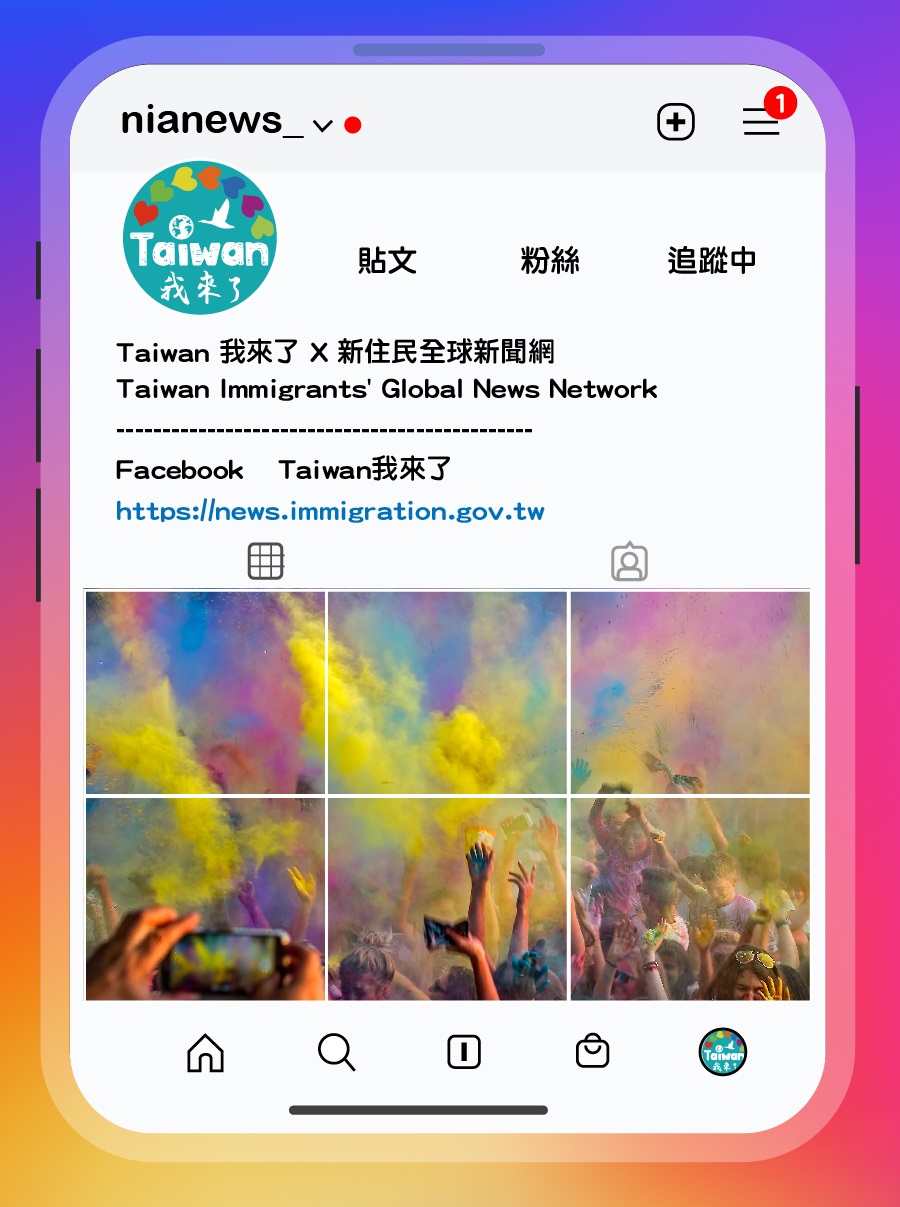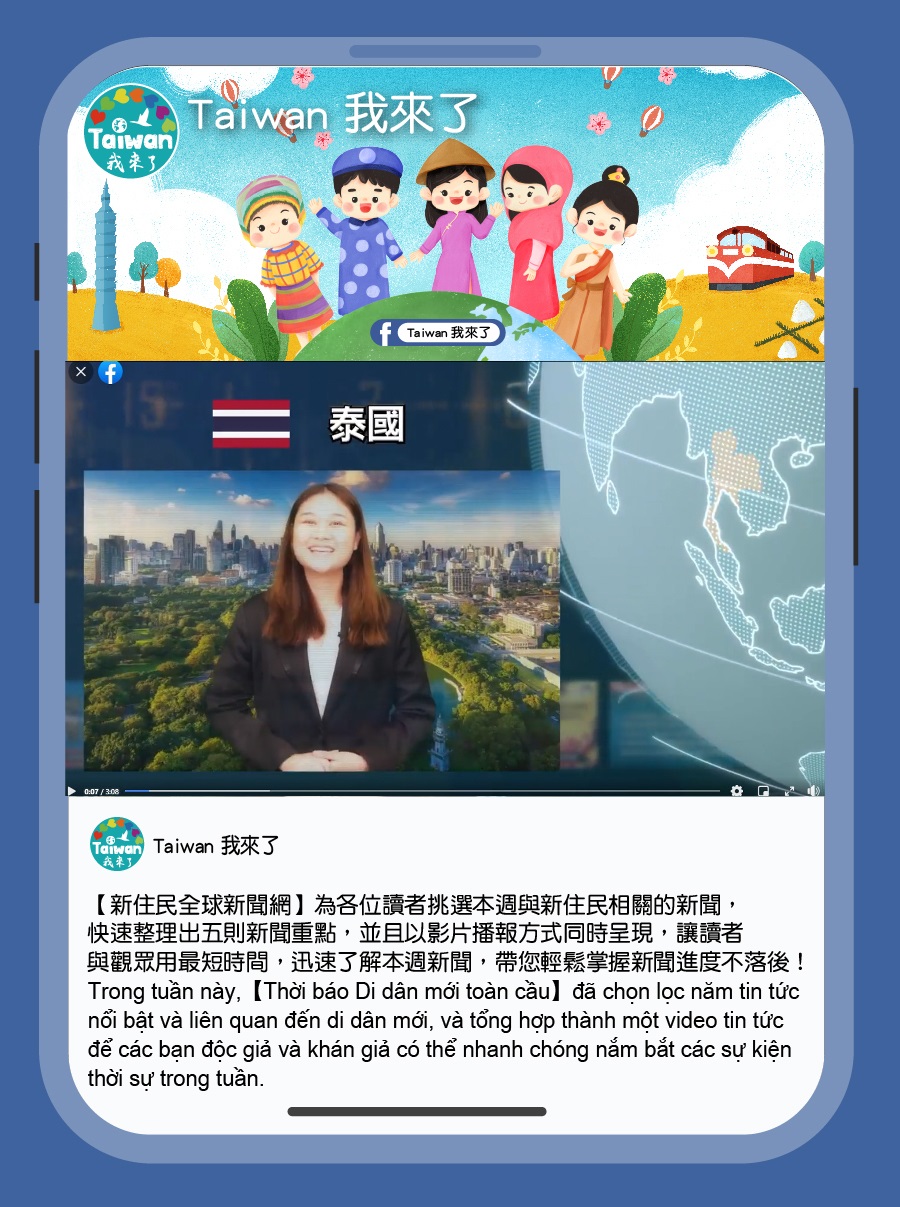[Taiwan Immigrants’ Global News Network] During the ten-day Spring Festival holiday from January 20th to 29th, many foreign friends in Taiwan and new residents who are not familiar with Taiwanese culture still don’t know much about the Spring Festival. This time, we will sort out the history, customs and culture of the Spring Festival for our readers.
Definition of Lunar New Year
The Spring Festival, also known as the Lunar New Year, commemorates the start of a new year on the ancient lunisolar Chinese calendar. Observances generally begin on New Year's Eve and end on Easter Sunday, marking the conclusion of the winter season and the start of the spring season.
House cleaning
Every family is also expected to properly clean their home to sweep away any bad luck and make room for good fortune. Besides, there are certain dates that are ideal for clearing your home and purging your surroundings of ill-luck that has gathered over the previous year.
Chinese New Year’s Eve
In Taiwan, in addition to praying to ancestors on New Year's Eve, they will also reunite for a New Year's Eve dinner. Each dish of the New Year’s Eve dinner has a positive meaning, including rice cakes that symbolize "improvement", long greens dishes that represent "longevity", and fish dishes that symbolize "fortune".
In addition, the elders will give out red envelope to the younger generation that night, and the younger generation will get "壓歲錢" (or "紅包"). That night, the elders should "stay up", which means that the later they go to bed, the longer the elders will live.
Chinese New Year Customs
On the first day of the Chinese New Year, not only do you have to wear new clothes, but you will also visit relatives and friends everywhere, pay New Year greetings to each other, and visit temples to pray for a safe and smooth new year.
On the second day of the Lunar New Year, it is customary for a married daughter to bring her husband and children back home to celebrate the New Year. However, with the change in the concept of gender equality in recent years, the second day of Chinese New Year does not necessarily mean that the woman should go home, and most of the decisions will be made through the coordination of the spouses.
The fourth day of the Chinese New Year is a day to welcome the Gods, the period for praying started from one to three o'clock in the afternoon. On this day, the Tai Sui will be celebrated or the lights will be lit; The God of Wealth can get more blessings and wealth.
On the fifth day of the Chinese New Year, shops on the street reopen their businesses, because worshiping the God of Wealth on the fifth day of the new year can bring more blessings and wealth.
The End of Chinese New Year
The Lantern Festival is the night of the first full moon in the Chinese New Year, which symbolizes the arrival of spring and the end of the Spring Festival. Lantern festivals are held around in various parts of Taiwan, and there are also habits such as guessing lantern riddles and eating Tangyuan. Many temples also hold related activities, including Pingxi Sky Lantern, Mazu Parade, Salt Water Bee Cannon, etc.

0124.jpg)





